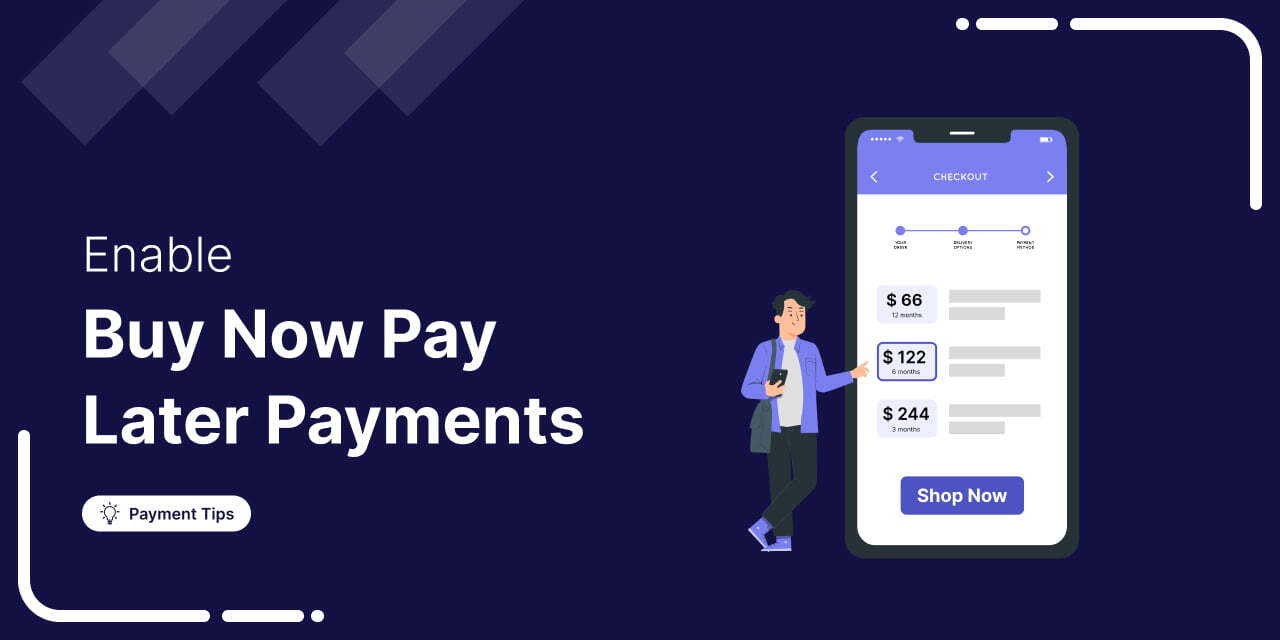India’s urban youth is hooked to the convenience of BNPL apps. Whether it’s for gadgets, fashion, food delivery, or flight tickets, apps like LazyPay, Simpl, and ZestMoney offer credit without asking for a credit score. But behind the sleek interface lies a financial pitfall that’s silently trapping millions.
:max_bytes(150000):strip_icc()/blake-wisz-Xn5FbEM9564-unsplash-7bd5c4cf5cda4f15b32d11e99ef53e25.jpg)
These platforms market themselves as zero-interest or low-interest alternatives to credit cards. But the reality is different. While the first few purchases may be free of cost, any delays in repayment trigger heavy penalties. Some apps charge up to ₹300 per missed payment or roll the debt into high-interest EMIs that are easy to forget.
Worse, the psychological impact of BNPL is often overlooked. Since users are not paying upfront, they overspend. The brain registers it as a free transaction and loses track of how much debt has accumulated. Over time, the amount becomes unmanageable and starts affecting the credit score without the user even realizing it.
Additionally, BNPL apps do not educate users about budgeting or financial planning. They offer credit at checkout, not warnings. This has led to many first-time borrowers falling into a cycle of rolling credit and penalty traps.

To be fair, BNPL can be a useful tool if used responsibly. But financial literacy must come first. Users need to treat every BNPL transaction like real money being borrowed. Keeping reminders, tracking purchases, and reading terms before opting in are basic steps that can help.
Most importantly, never use BNPL for discretionary purchases like dining out, buying clothes, or gadgets. If you cannot afford it now, wait. Easy credit today can be long-term pain tomorrow.
Avoid debt traps by getting smarter with your money. Follow You Finance on Instagram and Facebook for honest breakdowns on modern credit habits.















